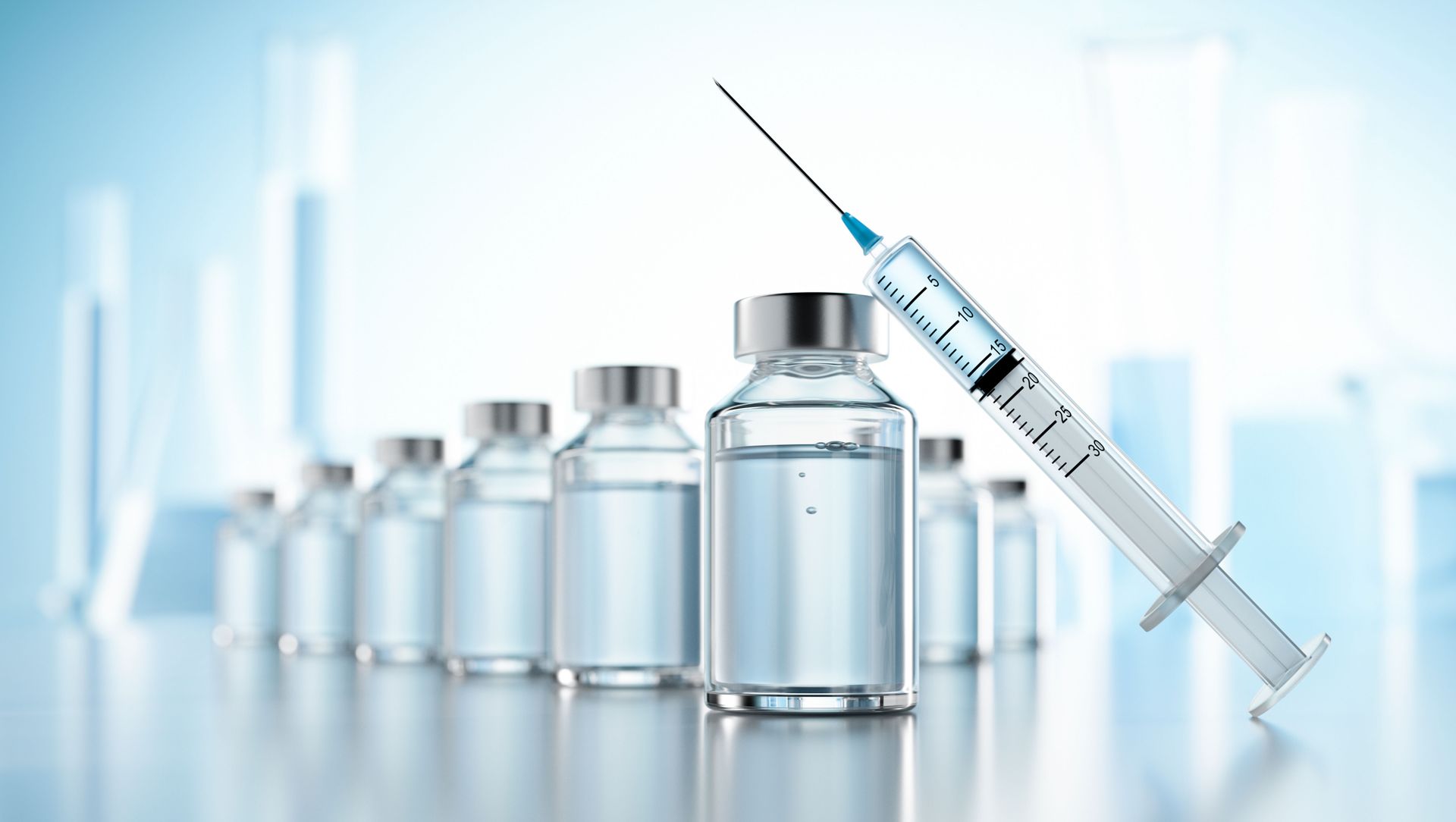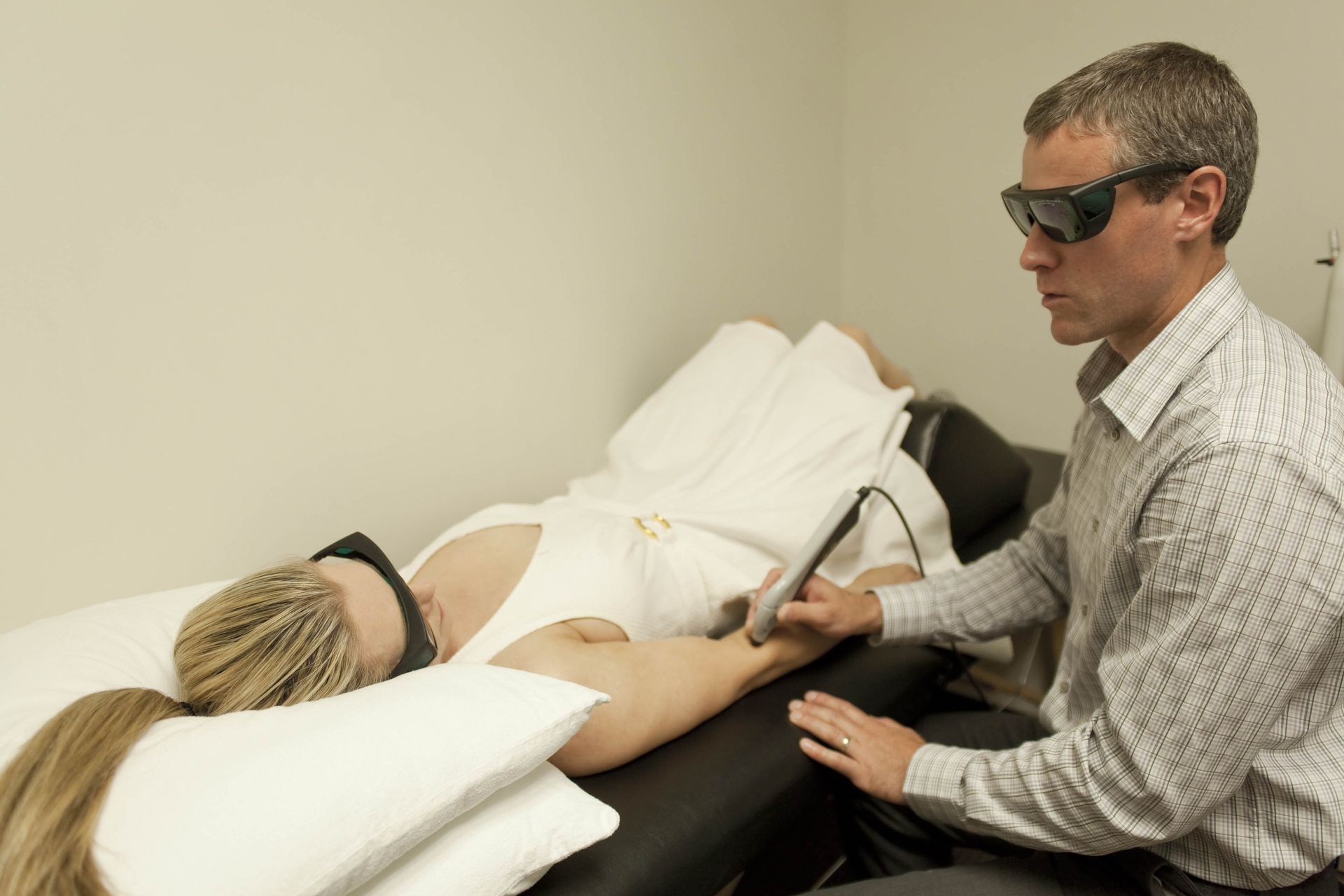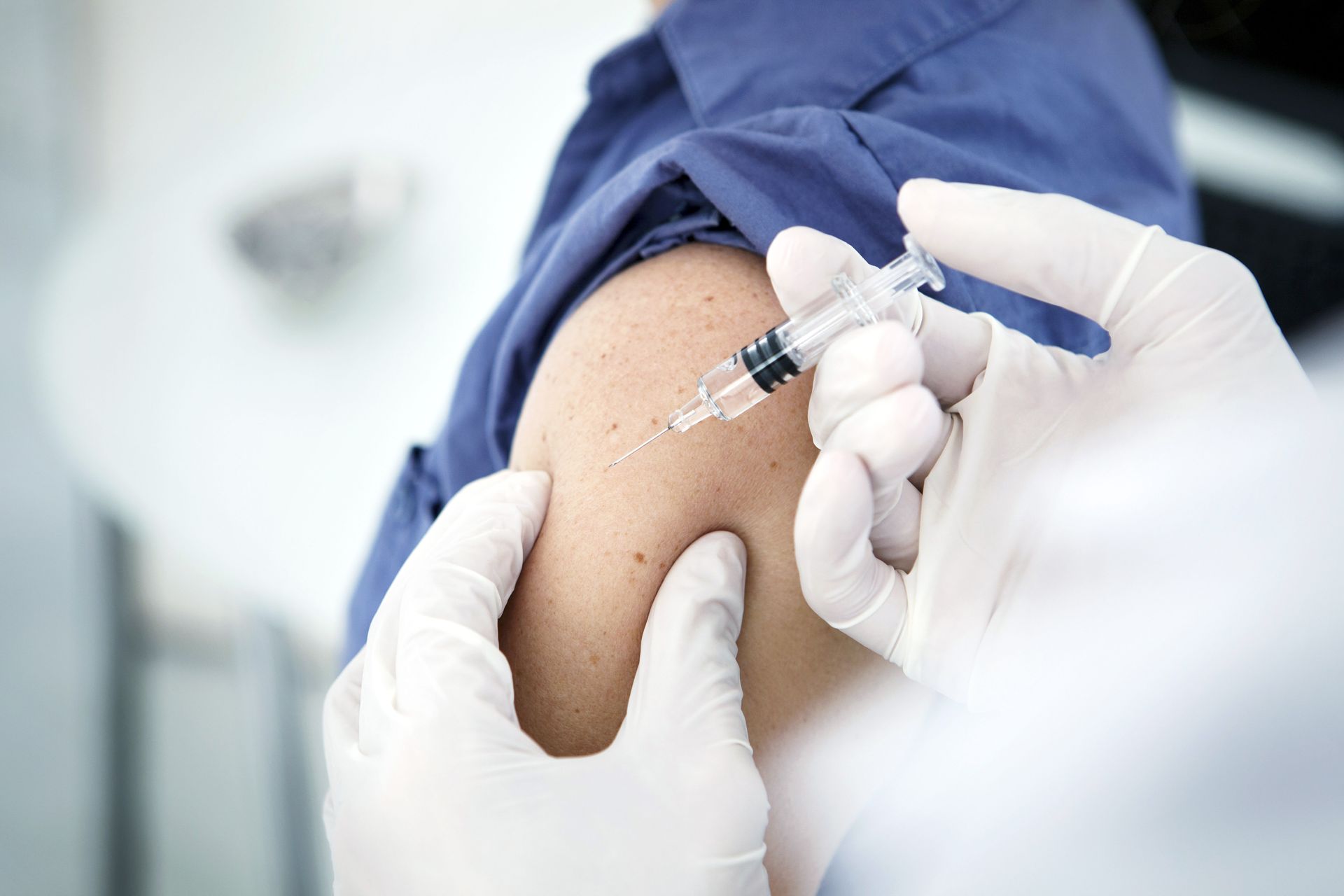What Is Peptide Therapy and How Can it Boost Your Health and Energy?
Peptide therapy represents a groundbreaking approach to boosting health and energy levels. Peptides, short chains of amino acids, are fundamental building blocks in our bodies and play myriad roles in various biological processes. As research into peptide functions expands, their application in therapeutic settings is becoming more relevant. In recent years, peptide treatments have gained momentum as a promising tool to enhance well-being, offering targeted treatments for a range of conditions. Explore the implications of peptide treatments for personal health.
The Basics of Peptides
Peptides are molecules composed of short chains of amino acids. Unlike proteins, which are larger and more complex, peptides contain fewer amino acids and thus have a simpler structure. Despite their simplicity, peptides play crucial roles in the body, acting as hormones, enzymes, and signaling molecules. Their versatility stems from the variety of amino acid combinations possible, which allows peptides to have highly specialized and diverse functions. Understanding the structure and formation of peptides is essential for grasping their biological importance and therapeutic potential.
In the human body, peptides contribute significantly to various physiological and biochemical processes. They regulate a plethora of functions, including but not limited to hormone secretion, immune responses, and cellular communication. For instance, insulin, a peptide hormone, plays a critical role in glucose metabolism. Similarly, peptide neurotransmitters, like endorphins, influence mood and pain perception. The myriad functions of peptides underscore their significance in maintaining homeostasis and facilitating the body's complex network of interactions.
The advent of peptide therapy has opened new avenues in modern medicine, revolutionizing treatments for various ailments. Peptides are increasingly utilized for their potent and precise action, making them ideal candidates for targeted therapies. They play pivotal roles in treating metabolic disorders, cancer, and infectious diseases. Furthermore, ongoing research is expanding the scope of peptide applications, allowing for the development of novel drugs that are more effective and have fewer side effects. According to Grandview Research, the U.S. market for peptide therapeutics was estimated to be $103.66 billion in 2024, reflecting their growing importance in healthcare.
Peptides are integral to the holistic concept of wellness, contributing to physical health, cognitive function, and emotional well-being. Their ability to act on specific targets within the body means they can modulate processes that enhance vitality and longevity. For example, peptides that influence growth hormone release are vital in anti-aging treatments, promoting muscle growth, and improving skin elasticity. Similarly, immune-boosting peptides enhance the body's ability to fight infections and reduce inflammation, contributing to overall health. The synergy between peptides and wellness highlights the potential of peptide therapy as a tool for personal health optimization.
The Science Behind Peptides
Peptides exert their effects by interacting with specific cellular receptors, triggering a cascade of biological responses. Upon binding to their respective receptors, peptides initiate signaling pathways that modulate physiological functions such as metabolism, immune response, and tissue repair. Their precise mechanism allows for targeted action, minimizing unintended effects on non-specific pathways. This specificity makes peptides particularly attractive for therapeutic applications, as they can be designed to rectify specific imbalances or deficiencies. Understanding these mechanisms is crucial for developing effective peptide-based interventions and expanding their application in medicine.
Clinical studies are pivotal in validating the efficacy of peptide therapy across different medical domains. Recent advancements have led to a surge in research focusing on their application in endocrinology, oncology, and anti-infective therapies. Numerous clinical trials demonstrate positive outcomes, showcasing improved health metrics and patient recovery. Furthermore, peptide-based drugs are increasingly being approved for clinical use, reflecting their safety and efficacy. As research continues to evolve, it elucidates new mechanisms by which peptides can be harnessed, paving the way for innovative treatments that address unmet medical needs.
The personalization of this therapy is crucial for achieving optimal therapeutic outcomes. Personalized approaches take into account individual health profiles, genetic markers, and specific health goals to tailor peptide treatments. This customization helps optimize the efficacy and minimize side effects, making peptide treatments more accessible and effective for a wide range of patients. The advantage of personalized peptide approaches lies in their ability to cater to unique health needs, enhancing the overall therapeutic experience.
Comparing peptide-based approaches with traditional treatments reveals their distinct advantages. Unlike conventional medications, peptides can offer more targeted action with potentially fewer side effects due to their naturally occurring structures. This enables peptide treatments to address specific physiological targets with greater precision, potentially improving therapeutic outcomes. The integration of peptide treatments into standard treatment regimes offers a complementary approach, enhancing the overall efficacy of healthcare interventions and expanding treatment options for patients.
The Benefits of Peptides
Peptide therapy plays a strategic role in enhancing the body's defense mechanisms against infections and diseases. Certain peptides have demonstrated the ability to augment immune responses. This enhances the body's adaptive immune response, providing a more robust defense against pathogens. Additionally, antimicrobial peptides (AMPs) exhibit direct activity against bacteria, viruses, and fungi, thereby serving as a line of defense against microbial infections. Through the fortification of immune function, peptides contribute significantly to maintaining health and combating illness.
Peptides are also valuable allies in promoting weight loss and maintaining metabolic health. Certain peptides mimic the action of natural hormones involved in appetite regulation and energy balance. By enhancing satiety and reducing food intake, these peptides assist individuals in achieving weight loss goals. Additionally, other types of peptides promote lipid metabolism, further aiding fat reduction. Improving metabolic efficiency not only facilitates weight management but also decreases the risk of metabolic disorders, such as diabetes and cardiovascular disease.
Skin health and anti-aging benefits are among the most popular applications of peptide therapy in dermatology. Peptides are extensively used in skincare products for their ability to stimulate collagen production and reduce the appearance of wrinkles. By promoting skin elasticity and firmness, peptides help to preserve a youthful appearance and improve skin texture. Peptides with antioxidant properties further shield the skin from oxidative damage caused by environmental factors. The incorporation of peptides in skincare regimens presents an effective strategy for combating the visible signs of aging and maintaining healthy, vibrant skin.
Cognitive enhancement and improved mental clarity are notable benefits of peptides. Peptides are known to support brain health by enhancing neuroplasticity and synaptic communication. They contribute to improved memory retention, learning capacity, and concentration. Furthermore, peptides that regulate stress and anxiety levels enhance overall mental well-being and cognitive performance. By supporting optimal brain function and mental clarity, peptide therapy not only aids cognitive processes but also contributes to overall emotional balance and stability. As such, peptide-based interventions are becoming more prevalent in promoting cognitive health and mental acuity.
Peptide-based treatment stands at the intersection of modern science and personalized wellness, offering a powerful tool for those seeking targeted support for their health. As research continues to uncover the diverse roles peptides play in regulating essential bodily functions, their therapeutic applications become increasingly compelling. From enhancing immune strength and metabolic balance to supporting skin vitality and cognitive function, peptide therapy provides a uniquely precise way to address individual health goals. A natural compatibility with the body's biological processes allows it to deliver benefits with remarkable efficiency and minimal disruption. For individuals seeking a science-backed approach to improving overall wellness, this therapy offers both promise and practicality. By integrating these innovative treatments into broader health routines, people can take proactive steps toward enhanced vitality, longevity, and everyday well-being. Contact Dr. Mark Neumann to learn more.











Share On: